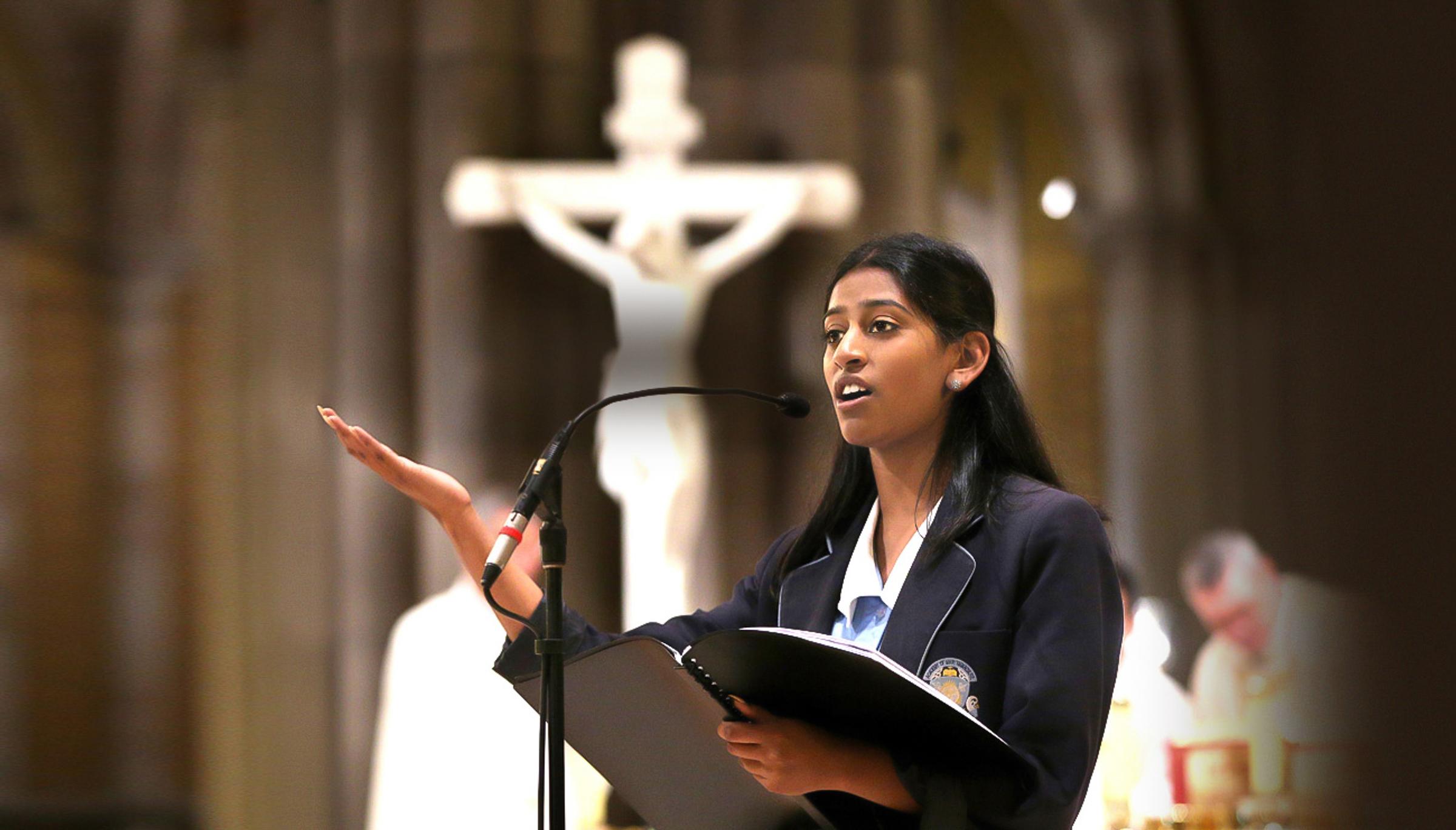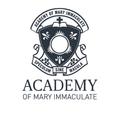Faith & Mission

THE VOICE
I confess that the Voice Referendum is engaging significant amounts of my personal reflection time. In my last contribution to the College newsletter I recalled the Alice Springs speech of Pope John Pope II and his call to all Australians to use dialogue and listening as a means of moving our nation towards a genuine process of reconciliation. In the words of Pope John Paul, towards an Australia that Jesus wants.
As I listen to proponents of the ‘No’ case I have been reminded of the principle of Subsidiarity, one of the key principles of Catholic Social Teaching.
Pope Benedict XVI described the principle this way:
“Subsidiarity is the coordination of society's activities in a way that supports the internal life of the local communities” The common good is “the totality of social ,conditions allowing persons to achieve their communal and individual fulfilment”
A Caritas Australia education program more simply stated that All people have the right to participate in decisions that affect their lives. Subsidiarity requires that decisions are made by the people closest and most affected by the issues and concerns of the community. From talk-back radio callers, it appears as if there are two messages from the ‘No’ case that are cutting through. The first is a call for more details on how the Voice will work. This strikes me as a piece of Catch-22 politics. If organisational details are included in the constitutional question, then any voter who understood how the Australian Constitution actually works would have to reject it. On the other hand, people’s suspicions of our parliamentary processes seem to be turning people against a ‘Voice’ that sits as a general principle in the Constitution.
The details that we do have on the Voice are clear. It will be representative of all indigenous communities. It may make representations to the Parliament and the Executive Government of the Commonwealth on matters relating to Aboriginal and Torres Strait Islander peoples. Importantly, Parliament will have power to make laws with respect to the Voice, including its composition, functions, powers and procedures. The disappointing thing about the ‘lack of details’ argument is that it makes no contribution to a level of dialogue that will contribute to the process of reconciliation and growth as a nation. The second ‘No’ argument that I hear is that there is no need for a Voice because we are all equal in the Australian Commonwealth.
The problem with this ‘there is no need for a change’ argument is that it ignores the reality of the ongoing failures of government attempts to paternalistically solve the problems facing our indigenous communities. Catholic Social Teaching directs us to consider how we can best provide ways for the people closest and most affected by issues to take responsibility to find solutions and initiatives that are best suited to them. There is also the view that the Voice debate is not relevant to the majority of Australians. In my understanding this could not be further from the truth. At a powerful symbolic level, the Voice referendum is an opportunity to expand our understanding of ourselves. Our Year 12 students challenged us with their 2023 theme “Many voices, one community”. Do we continue to think of our nation as a 200 year old British colony? Or do we take up the invitation of the Uluru Statement from the Heart to recognise that we live on a land that has 60 000 years of human history and culture.
At a practical level, I strongly believe that the lives of all Australians are improved, if the lives of all Australians are improved.
My deep hope is that our nation can move to a place of justice and partnership together, through a process of prayer, learning and respectful listening in this VOICE Referendum.
Mr Mark Hyland
Director of Faith and Mission
